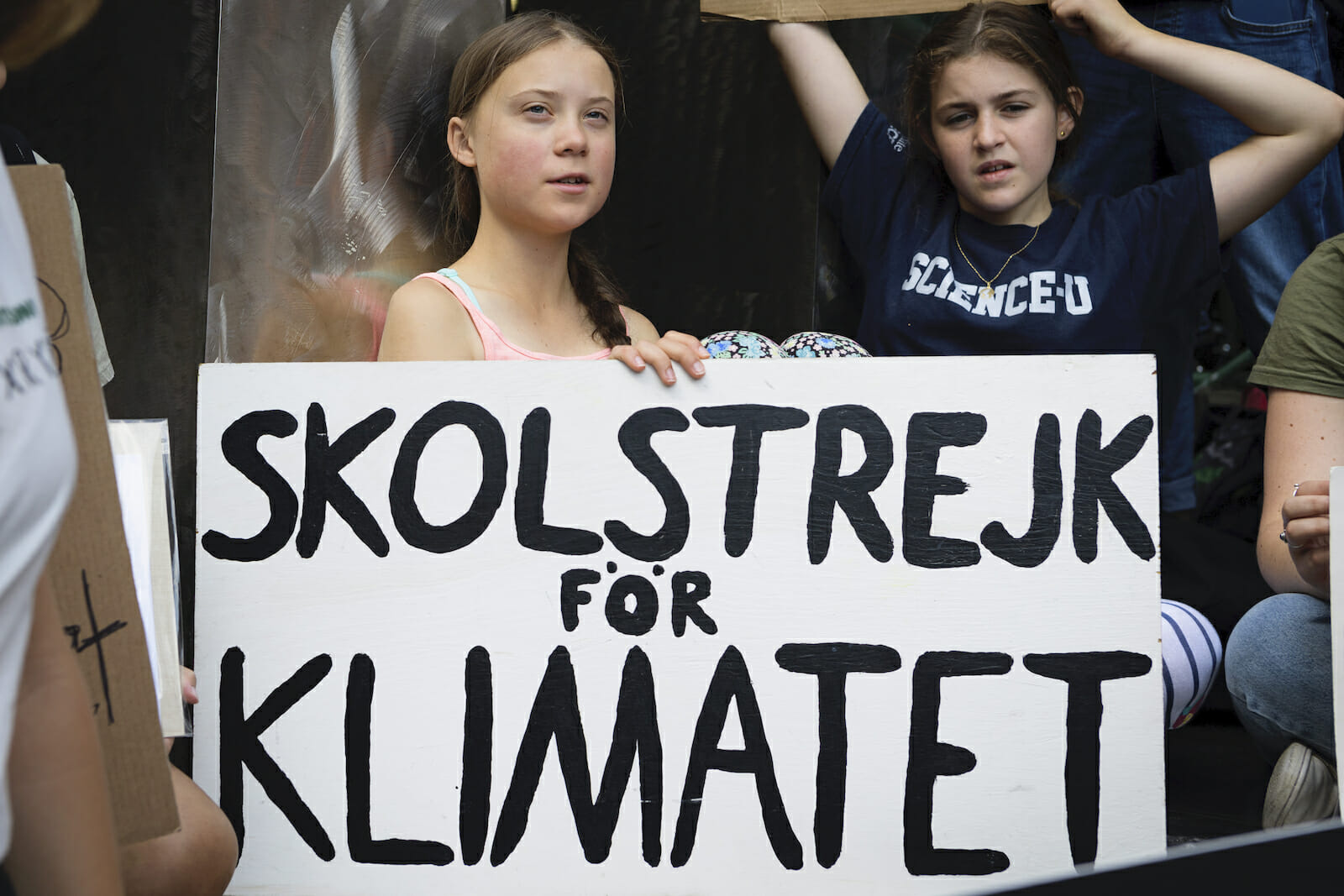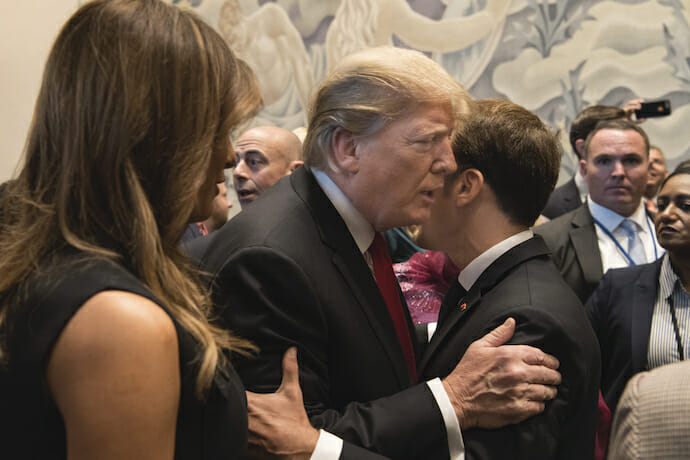
Tempered Emergency: The Climate Change Summit in New York
It had a good deal of desperate scolding. Sweden’s Greta Thunberg assumed the role of punishing advocate, a Joan of Arc of fury. The main culprit in her speech at the UN Climate Action Summit was the hideous, superego, the big bad “You,” ever condescending, ever indifferent, the “You” of adulthood that had trashed the environment and left a gigantic mess to clean up. She lamented how she should be in school on the other side of the ocean. “How dare you,” these adults who had “come to us young people for hope.”
Prior to speaking at the UN, she gave a warning of what would come. “This is such a crucial day, world leaders are gathering at the UN in New York to decide our future. The eyes of the world will be upon them.” Then came the rage and the tears. “You have stolen my dreams and my childhood with your empty words.” There was suffering, people perishing, ecosystems collapsing. “You say you hear us, and that you understand the urgency…I do not want to believe that. Because if you really understood the situation, and still kept on failing to act, then you would be evil. And that I refuse to believe.”
“Right here, right now is where we draw the line. The world is waking up. And change is coming, whether you like it or not.”
My full speech in United Nations General Assembly. #howdareyou https://t.co/eKZXDqTAcP— Greta Thunberg (@GretaThunberg) September 23, 2019
There was a nagging feeling that Thunberg was performing a role, to be cheered, clapped and celebrated even as she mocked those she was in the company of. Indeed, how dare they? They, with the “empty words”; they, without the will to marshal the global mobilisation against the existential threat of climate change. This is the anti-slavery advocate who preaches at a slave convention and rebukes them only to receive praise; the organic foodie who rages against genetically modified crops at a Monsanto-sponsored conference. It is a show, necessary pageantry. She means well. Listen to her. Celebrate her. Then, quietly forget it. We accept the principle, but some are more equal, and pressing, than others.
The point of forgetting, if not ignoring all the fuss, was made by US President Donald Trump. He believes in the “fairy tale,” as Thunberg calls it, of “eternal economic growth.” The image of the sixteen-year-old, staring with hot sore eyes at the commander-in-chief of the United States as he walked by her, seemingly oblivious to her presence, will stand the test of time. He had better things to do, with his administration having vowed to pull out of the Paris Agreement. During his time in office, approximately 80 environmental rules and regulations have been removed or are in the process of being removed. Fossil fuels are big; the environment, small.
For all that, the president finds avoiding spectacles difficult, and dropped in with Vice President Mike Pence in the later morning. Former New York mayor and current UN special envoy for climate Michael R. Bloomberg, was rueful in greeting him. “Hopefully our discussions here will be useful for you when you formulate climate policy.” Cue the laughter and chuckling.

There were a few overtures made, a set of loosely penciled promises, but nothing too shattering. China’s special representative Wang Yi simply reiterated that, “China will faithfully fulfill its obligations.” India’s Prime Minister Narendra Modi was vague about increasing his country’s use of renewable energy by 2022. French President Emmanuel Macron suggested that future trade negotiations be linked to commitments on reducing emissions. To pursue trading arrangements with states not complying with the Paris climate agreement would be “deeply hypocritical.” (Hypocrisy in foreign relations is no deterrence.) Some 60 countries pledged to achieve net-zero emissions by 2050; various business representatives promised to stick to the Paris Agreement targets and even a clutch of asset fund managers proclaimed they would seek net-zero portfolio investments within three decades.
Others have been harsher, albeit cloaking criticism of Thunberg with false sympathy. It surely could not have been healthy, suggests Tiana Lowe of The Washington Examiner, “to place a child with this many mental illnesses under the spotlight of public scrutiny.” British screenwriter and editor of the Free Market Conservatives Tim Dawson took Thunberg’s message of being at school quite literally. “She is a completely inappropriate figure to spearhead any kind of public campaign and adults exploiting her should be ashamed.” (Since when was there an “appropriate” revolutionary activist?)
Where such acid cynicism has some merit is the way Thunberg the global brand is being manipulated by jaded elders who see dollar signs and prospects in a dangerous world. The tipping point for Thunberg is that she is being celebrated as an ecological warrior who has done more to bring attention to the dangers of climate change than any single politician. She has brought her generation from the future, as it were, to battle the current struggle. But this exercise risks going the way of all flesh. Those holding the strings, making the decisions about starting the next coal mine, or the opening of the next coal-powered station, can either ignore her or manage her message: Rest assured, Greta, we are not stealing any future, merely managing a “transition.”
This climate summit was billed as urgent, and the UN Secretary-General, António Guterres was keen to only invite those who had ideas addressing that urgency. “Nature is angry,” he warned in his summit address. “And we fool ourselves if we think we can fool nature. Because nature always strikes back.”
What we got, instead, were more words, meek undertakings, assurances. There was talk of drawing lines in the sand. For Thunberg, “Right here, right now is where we draw the line. The world is waking up. And change is coming, whether you like it or not.” For Guterres, the gathering was “not a climate talk summit” but a “climate action summit. From the beginning, I said the ticket to entry is not a beautiful speech, but concrete action.” Unfortunately for him, this summit will be added to other emergency meetings where outrage finds a higher register than tangible action.

